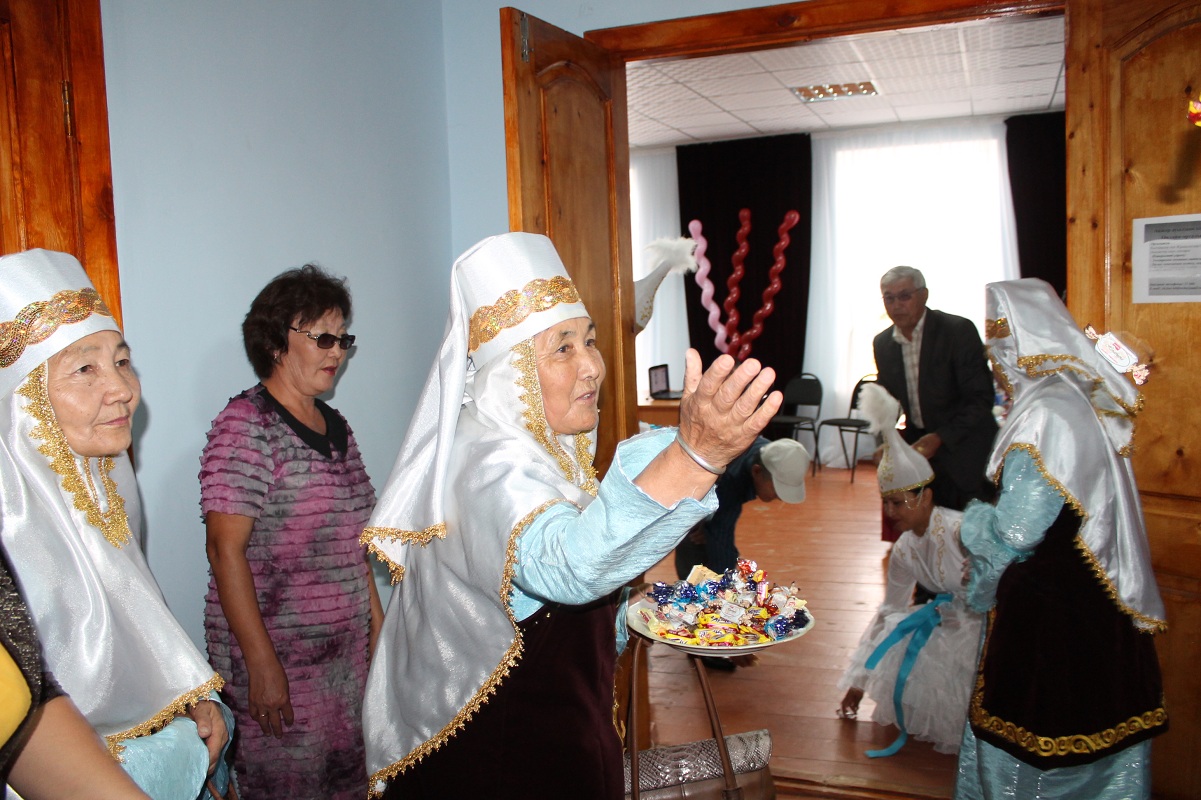
An opening ceremony for an online center supported by the Pushkin Library.
When the Soviet Union officially broke up in 1991, the aftermath included independence but also a “catastrophic” fall in standards of living in post-Soviet states, with an economic cushion suddenly gone.
The Pushkin Library is located in Kazakhstan. As formerly part of the USSR, most libraries closed when the union dissolved, and today only 30% of them are back in service, said librarian Zarina Karimova.
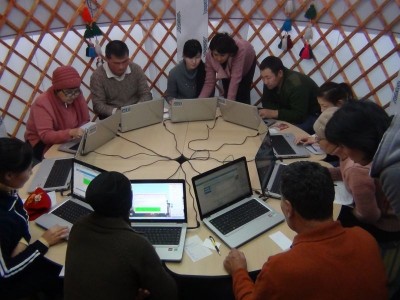
Computer literacy courses in a yurt, for expatriates from China
I spoke with Karimova and Pushkin Library director Bibigul Zhambylovna about the situation of libraries in Kazakhstan, and their role as a pilot project, see what new programs do and don't work in their specific context.
Recently the library has been awarded grant money from various organisations, mostly in computer literacy. With this help they have been able to develop better internet access for their community, basic computer training skills, and e-learning and Skype-based courses. Recently, the UNDP helped them to purchase some equipment to help villages to get online, with a focus on improved entrepreneurship. This helped to establish 32 online centers in the region and to improve the slow internet speed.
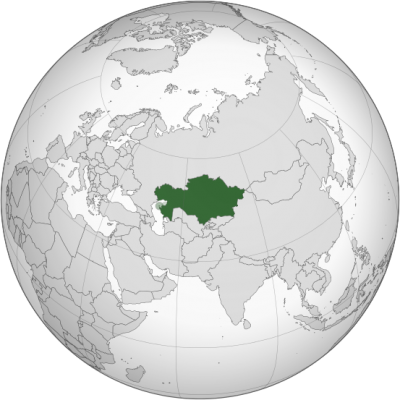
A map of Kazakhstan, with China to the North and Russia to the East. From Wikimedia commons CC BY 3.0
Why this is important becomes clearer with an understanding of the demographic geography of the region – and its extremely low population density. With 17 million people (2013 estimate), Kazakhstan has the 62nd largest population in the world, though its population density is less than 6 people per square kilometre. This means that getting connected is extremely difficult and Internet signals are low, and as a result, computer literacy is underdeveloped.
With this in mind, the library has also organized special programs for students, including ITC trainings, workshops on digital photography and journalism, English courses, and hope to join the Public Library Innovation Program by EiFL, an NGO working with libraries in developing countries.
The Pushkin Library is also working with Libraries Without Borders to create programs for the disabled. They hope to help integrate disabled people into local society.

English media lessons by Skype at the Pushkin library.


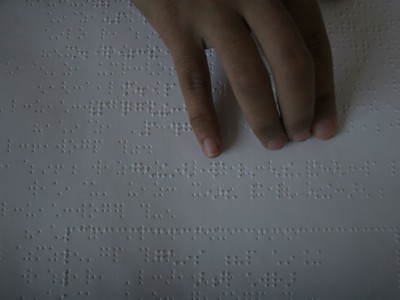
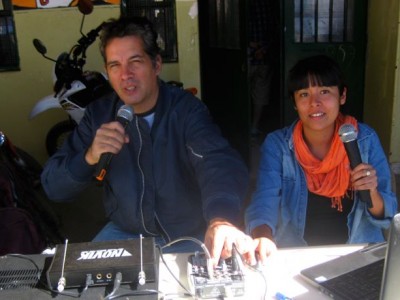
2 comments